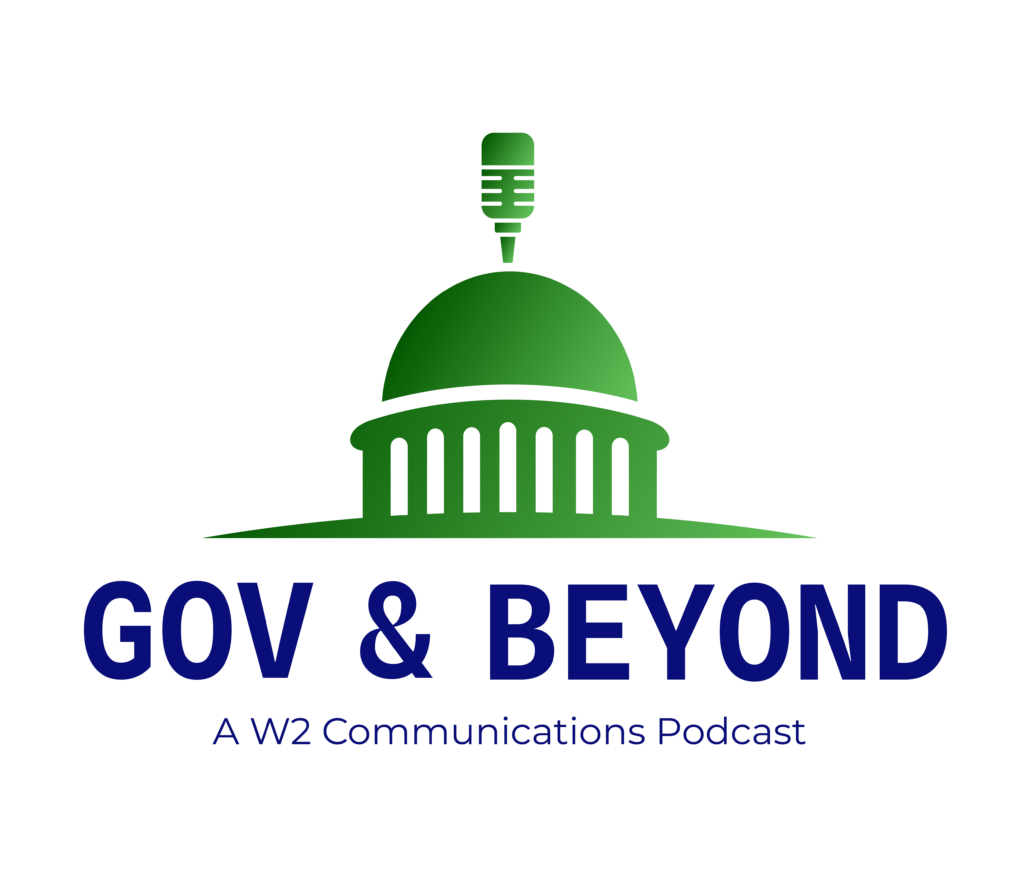This week, we noticed a lot of tech news coming out of the Department of Defense, as well as a lot of reporting at the intersection of AI and cybersecurity. Here are some of the trending stories in our latest weekly roundup:
Focus on Defense
Defense and government tech publications this week reported on topics like the Cybersecurity Maturity Model Certification (CMMC) program, new software contracts at the Defense Innovation Unit (DIU) and a DOD report on how new technology refutes speculation that Unidentified Anomalous Phenomena (UAP – or what we used to call UFOs) are evidence of heretofore unknown technologies (or space aliens):
- There were several stories on the DOD’s All-Domain Anomaly Resolution Office (AARO). The agency issued a new report detailing how the Pentagon used sensor technology to detect and track “those weird lights in the sky,” Theresa Hitchens writes in Breaking Defense. “AARO has discovered no verifiable evidence of extraterrestrial beings, activity or technology,” her article reported.
- In related news, Jon Harper of DefenseScoop covered a hearing in which ARRO Director Jon Kosloski explained a few incidents that had been publicized as possible extraterrestrial activity. Lisbeth Perez of MeriTalk also covered the hearing, noting Kosloski’s request for continued funding of his office’s work as the number of UAP sightings continues to climb. For their part, Republican lawmakers prior to the hearing urged the Pentagon for more transparency on how it is handling UAP investigations, Brandi Vincent reported in DefenseScoop.
- On the CMMC front, there was news of a draft bill in the House that provides tax credits to small businesses to help them defray the costs of complying with the program, according to a piece by Justin Doubleday for Federal News Network. However the publication also reported that not everyone on the Hill is supportive of CMMC. Michelle Sandiford reported on one congressman’s efforts to kill the program entirely.
- In other Defense cybersecurity news, the DOD is planning to release new zero trust guidance in the summer of 2025 related to operational technology (OT), according to reporting by Grace Dille in MeriTalk. In Breaking Defense, Carley Welch wrote that the focus on OT represents a pivot in the department’s approach to zero trust.
- Patrick Tucker of Defense One published a piece on DIU command and control development contracts awarded to seven firms for software to control massive drone swarms envisioned by the department’s Replicator program. In coverage for Breaking Defense, Ashley Roque wrote that the software will help “automate the coordination between hundreds or thousands of unmanned drones.” In DefenseScoop, Harper reported that the seven companies were chosen from a group of 119 that submitted proposals. Derrick Henry also had the story for ExecutiveGov.
- Finally, it wouldn’t be November of an election year without more articles about the incoming administration. In Defense One, Stephen Losey wrote that the forthcoming focus on cost cutting by the new administration could mean “more hardball negotiations with defense contractors.” On the other hand, Jason Rainbow reported in Space News that investors expect the new administration to increase defense budgets driving the country’s space programs.
Where AI Meets Cybersecurity
We also saw media focus this week on questions about how the government can protect itself from AI-enabled cyber attacks as well as how AI can assist in boosting cyber protection:
- Alexandra Kelley filed a report in Nextgov/FCW on a new interagency task force headed by the National Institute of Standards and Technology to look at the “myriad security implications of artificial intelligence models.”
- In MeriTalk, Cate Burgan published an article on how the IRS is leveraging AI to catch cyber criminals. Also in MeriTalk, Perez covered comments from a panel of federal cybersecurity leaders in which the chief information security officers for the Department of Labor and the Office of Personnel Management respectively discussed the necessity of AI for effective future cybersecurity.
- A recent survey of government leaders found that a huge majority believe generative AI will be important to government, but about half are concerned about the data security implications of adopting the technology, according to coverage by Edward Graham of Nextgov/FCW.
- Madison Alder reported in FedScoop on the results of an evaluation by the U.S. AI Safety Institute, designated by the Biden Administration as the primary government point of contact for AI developers in the private sector, of the security implications of Anthropic’s Claude 3.5 Sonnet AI model.
New Podcast: Gov & Beyond
W2 Communications has launched a podcast that is definitely worth checking out. The new “Gov & Beyond” podcast gives listeners direct access to the people covering and influencing government technology news, issues and policies. The inaugural episode features an interview with Troy Schneider, executive vice president and general manager at Billington CyberSecurity, as well as the former editor-in-chief at Federal Computer Week and Government Computer News and editor at large with GovExec.

That’s all for now. I won’t be posting next week due to the holiday, but look for my next roundup the following week. Thanks for reading, and best wishes for a happy Thanksgiving. You can subscribe to receive these updates in your inbox by filling out the brief form below with your name and email address.





